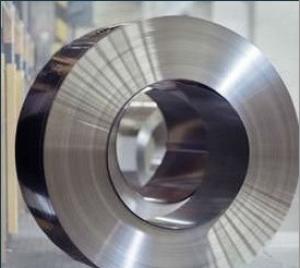JISCO stainless steel coil
OKorder Service Pledge
OKorder Financial Service
You Might Also Like
stainless steel coil
Stainless steel is a production which not easy rust,acid resistance and corrosion resistance,so it is widely used in light industry,heavy industry,daily necessities and the decoration industry.my company long term supply stainless steel porducts including:stainless steel sheet,stainless steel coil and stainless steel tube.
Article | stainless steel coil |
Specification | 1m 1.219m 1.5m or as your requirement |
Surface | 2B NO.1 BA Hairline 4K 6K 8K No.3 No.4 |
Type | coil |
Thickness | 0.3-3mm |
Brand | TISCO JISCO LISCO and so on |
Application | Foodstuff,gas,biology,metallurgy,electron,chemical,petroleum,boiler,nuclear energy, equipment fertilizeretc and so on |
Parking | Waterproof paper, steel strip packed, wooden case,or as customers's requirement |
Payment | Small quantity (within total $20000.00) T/T at sight, 30% in advance , 70% after receiving the B/L Large quantity : L/C at sight |
container size | 20ft GP:5898mm(Length)x2352mm(Width)x2393mm(High) |
Delivery Time | 15 days after received the deposit of T/T or L/C |
Note | We can produce other standard as the customers’s requirement |
A series of pictures
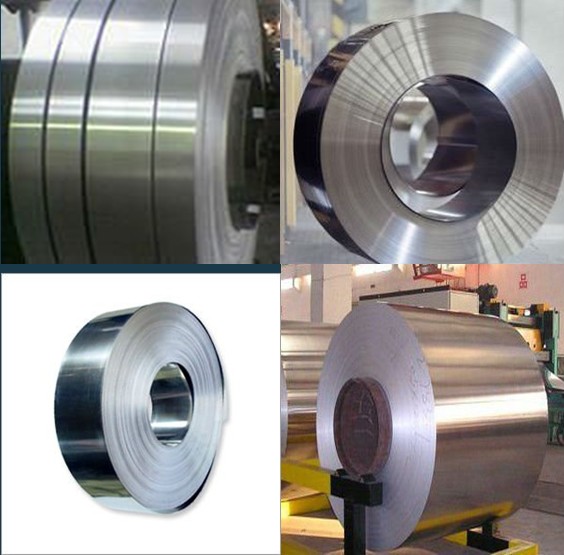
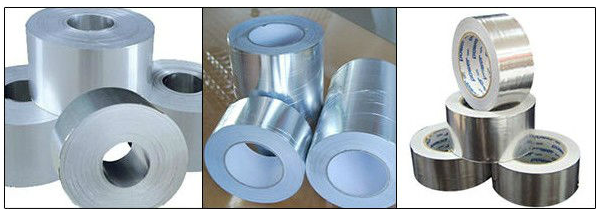
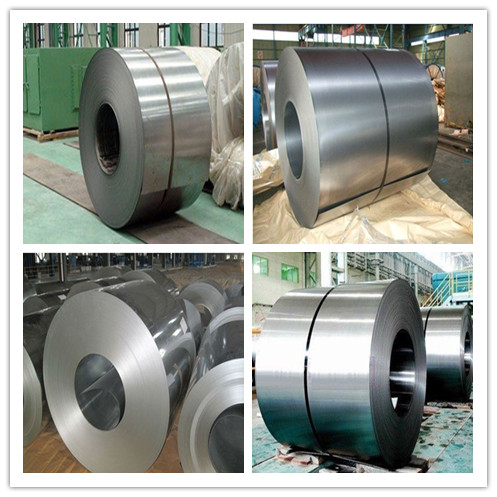
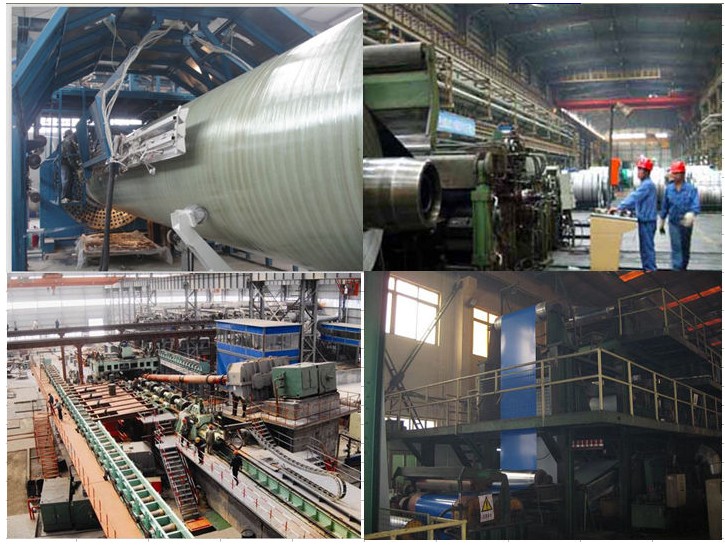
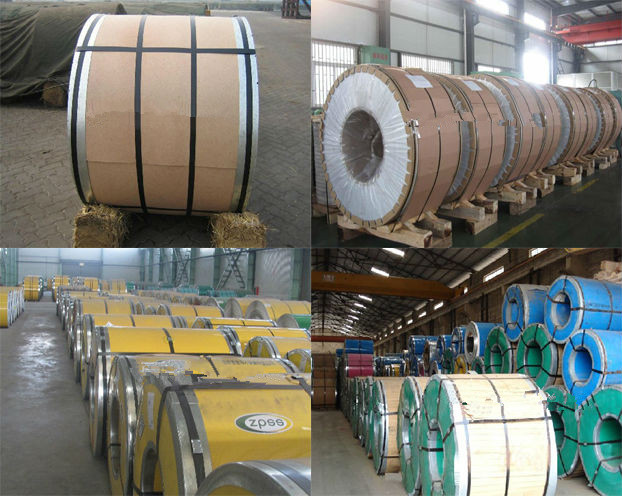
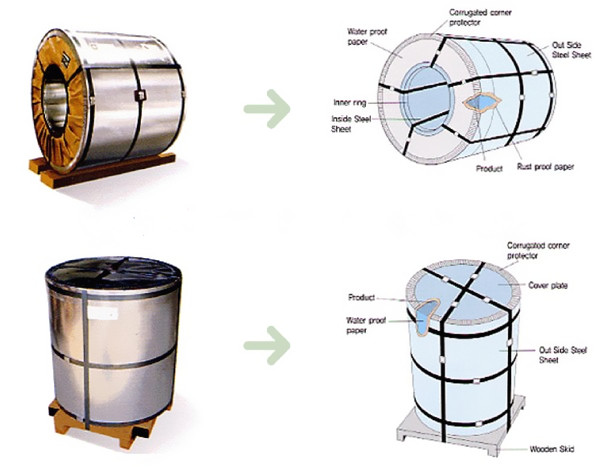
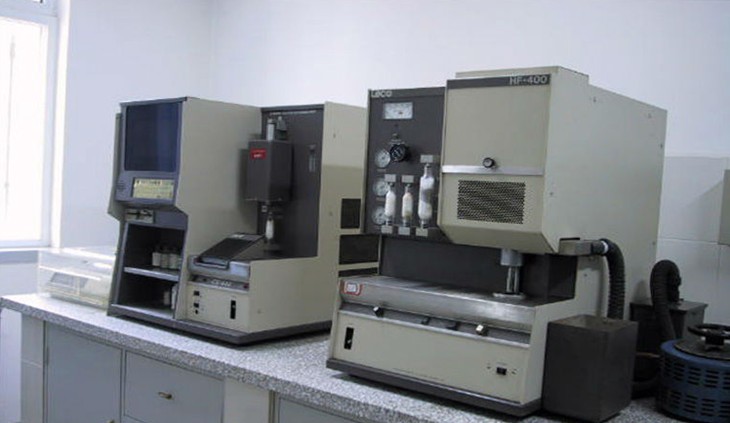
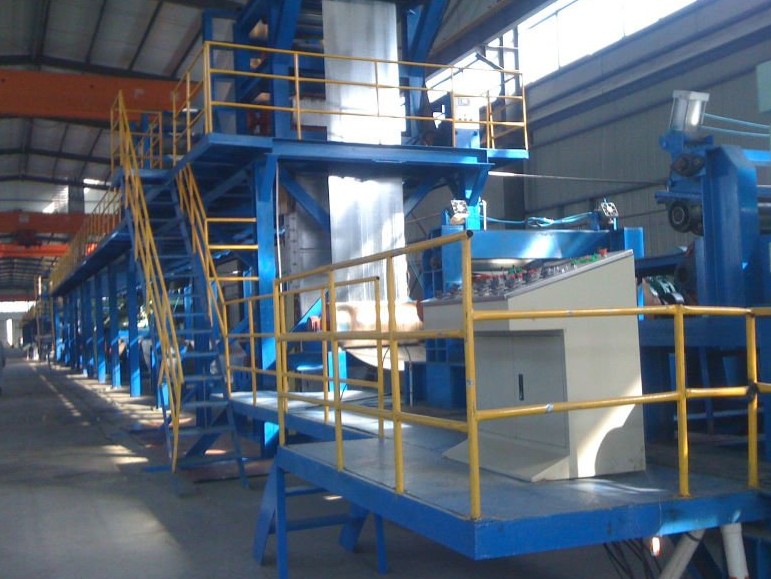
- Q:How are steel coils used in the manufacturing of automotive springs?
- Steel coils are used in the manufacturing of automotive springs as they provide strength, durability, and flexibility required for suspension systems. The steel coils are shaped and formed into the desired spring shape, ensuring optimal performance and handling of the vehicle.
- Q:Is there any noticable or perceived difference between smoking out of a pipe with a brass screen and a stainless steel screen?
- Stainless Steel Pipe Screens
- Q:What is the typical lead time for ordering steel coils?
- The typical lead time for ordering steel coils can vary depending on factors such as the supplier, quantity required, and current market conditions. However, it is common to expect lead times ranging from a few weeks to a couple of months.
- Q:How are steel coils used in the production of steel framing systems?
- Steel coils are used in the production of steel framing systems as they are unrolled and fed into a machine that shapes and cuts the steel into the desired lengths and profiles. These coils provide a continuous supply of high-quality steel, allowing for efficient and precise manufacturing of steel framing components, which are then assembled to create sturdy and durable steel structures.
- Q:I'm not sure.Alloy stainless steel 308 series.
- No. People have been cooking on stainless steel for years.
- Q:How are steel coils processed and shaped for specific applications?
- Steel coils are processed and shaped for specific applications through a series of steps. First, the coils are uncoiled and flattened to remove any bends or curls. Then, they undergo various processes such as cutting, slitting, or shearing to achieve the desired dimensions. Next, the steel is often subjected to heat treatment, such as annealing or tempering, to enhance its strength and flexibility. Finally, the steel is shaped into specific forms using techniques like rolling, bending, or stamping, to meet the requirements of different applications ranging from automotive parts to construction materials.
- Q:What are the different methods of testing the mechanical properties of steel coils?
- Testing the mechanical properties of steel coils can be done through various methods, which play a critical role in determining the steel's strength, ductility, and overall quality. Some commonly employed techniques include the following: 1. Tensile testing: This method involves applying a force to a steel coil until it breaks. It measures the maximum stress the material can endure before fracturing, as well as its elongation and reduction in cross-sectional area. Tensile testing provides valuable information about the coil's ultimate tensile strength, yield strength, and elongation. 2. Hardness testing: This test determines a material's resistance to indentation or scratching. Multiple methods, such as Brinell, Vickers, and Rockwell hardness tests, can be employed to measure the hardness of steel coils. These tests offer insights into the steel's ability to resist deformation and wear. 3. Bend testing: Bend testing involves subjecting a steel coil to controlled bending until it reaches a specific angle or a crack appears. This test evaluates the coil's ductility, flexibility, and its resistance to cracking or fracturing under bending stress. 4. Impact testing: Impact testing gauges a steel coil's capacity to absorb energy when exposed to sudden shocks or impacts. The Charpy impact test is the most commonly used method, wherein a notched specimen is struck by a pendulum hammer, and the energy absorbed during fracture is measured. This test assesses the coil's toughness and resistance to brittle fracture. 5. Fatigue testing: Fatigue testing entails subjecting a steel coil to repeated or cyclic loading to simulate the stresses it may experience during its intended use. This test evaluates the coil's ability to withstand repeated stress over an extended period and its resistance to fatigue failure. 6. Ultrasonic testing: Ultrasonic testing utilizes high-frequency sound waves to detect defects or flaws within the steel coil. This non-destructive testing method can identify internal or surface defects like cracks, voids, or inclusions that may impact the steel's mechanical properties. It is worth noting that these testing methods typically adhere to industry standards and specifications, such as those set by ASTM (American Society for Testing and Materials) or ISO (International Organization for Standardization). This ensures the accuracy and reliability of the results obtained.
- Q:How are steel coils used in the production of electrical systems?
- Steel coils are used in the production of electrical systems as they provide a crucial component for generating and transmitting electric currents. These coils, made of high-quality steel, are used in a variety of applications such as transformers, motors, generators, and electromagnets. The steel coil's magnetic properties allow it to efficiently conduct and amplify electrical currents, making it an essential component in the overall functioning of electrical systems.
- Q:How are steel coils used in the production of roofing systems?
- The production of roofing systems involves the utilization of steel coils in various ways. Initially, the steel coils undergo unrolling and are then fed into a machine, where they are cut to the desired length for the roofing panels. Typically, these coils are composed of galvanized steel, which is coated with a layer of zinc to protect against rust and corrosion. Once the coils have been cut, they are subsequently passed through a roll-forming machine. This machine is responsible for shaping the steel into the necessary profile for the roofing panels. The specific shape of the panels may differ depending on the design and functionality of the roofing system. Following the formation of the steel, it may undergo additional processes, such as embossing or stamping, to incorporate texture or patterns onto the panels. This aids in enhancing the visual appeal of the roofing system and providing it with a distinct appearance. After the steel panels have been formed and processed, they are coated with supplementary protective layers or finishes, such as paint or polymer coatings. These coatings further augment the durability of the roofing system and offer resistance against weather elements, UV rays, and corrosion. The final step in the production of roofing systems entails the installation of the steel panels on the roof. Typically, the panels are secured to the roof structure using screws or nails. The panels are designed to interlock, ensuring a secure and watertight installation that safeguards against leaks and moisture infiltration. In conclusion, steel coils play a vital role in the production of roofing systems, providing a durable and long-lasting material that can withstand harsh environmental conditions. The versatility of steel permits various design options and customization, making it a favored choice for roofing applications.
- Q:How are steel coils processed for galvanizing or coating?
- Steel coils are processed for galvanizing or coating through a series of steps. First, the coils are cleaned to remove any dirt, grease, or other contaminants. Then, they are dipped into a bath of molten zinc or coated with a protective layer using various methods such as electroplating or hot-dip coating. After the coating process, the coils may undergo further treatments like drying, cooling, and leveling to ensure uniformity and quality.
1. Manufacturer Overview |
|
|---|---|
| Location | |
| Year Established | |
| Annual Output Value | |
| Main Markets | |
| Company Certifications | |
2. Manufacturer Certificates |
|
|---|---|
| a) Certification Name | |
| Range | |
| Reference | |
| Validity Period | |
3. Manufacturer Capability |
|
|---|---|
| a)Trade Capacity | |
| Nearest Port | |
| Export Percentage | |
| No.of Employees in Trade Department | |
| Language Spoken: | |
| b)Factory Information | |
| Factory Size: | |
| No. of Production Lines | |
| Contract Manufacturing | |
| Product Price Range | |
Send your message to us
JISCO stainless steel coil
OKorder Service Pledge
OKorder Financial Service
Similar products
New products
Hot products
Related keywords
